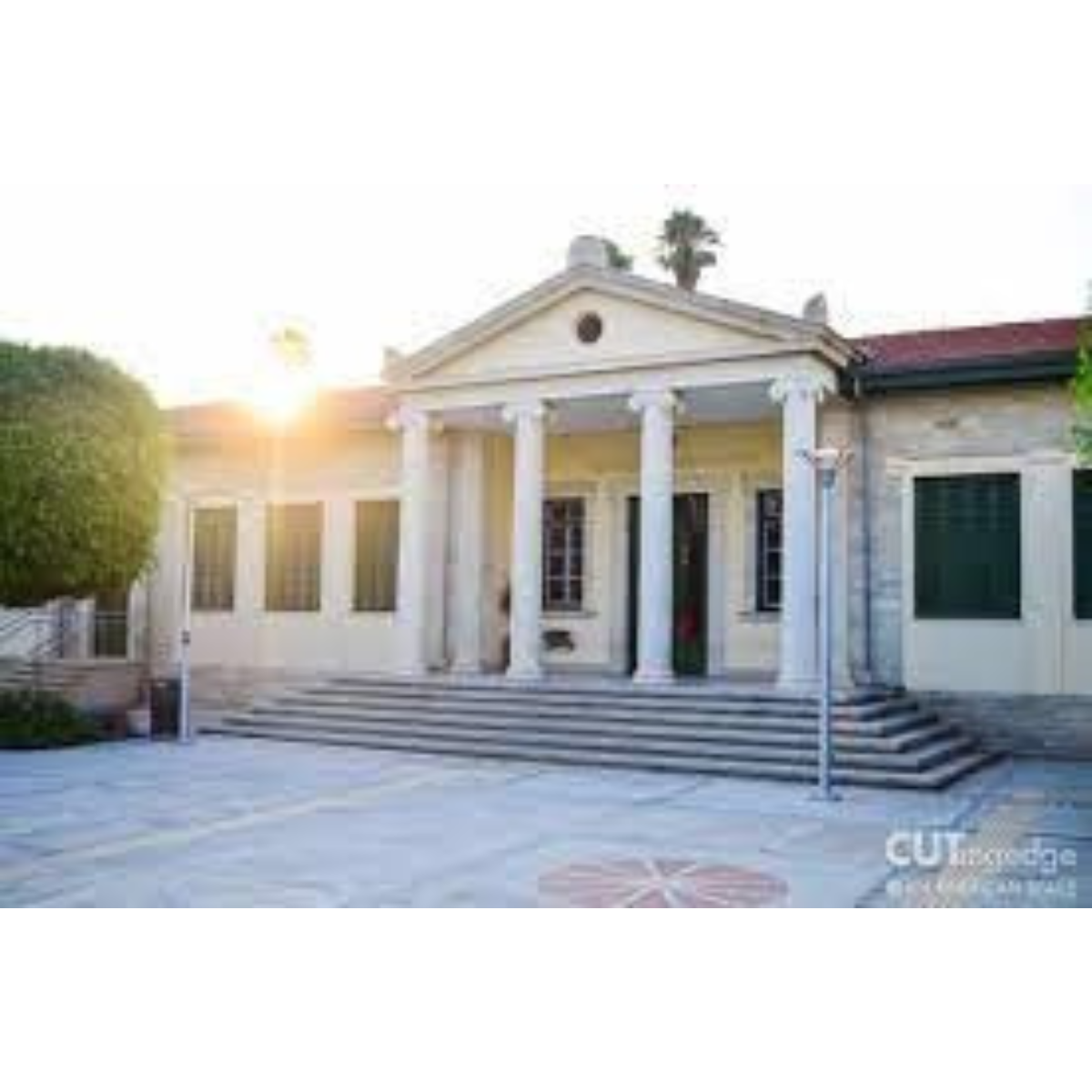Three members of the research and academic staff of CUT, have secured funding for their proposals from the Research and Innovation Foundation (RIF) to create research infrastructures.
With CUT as the Contracting Authority (Coordinator), Associate Professor Efstathios Kaliviwtis, Associate Professor Panagiotis Keivanidis, and Assistant Professor Athos Agapiou achieved significant funding within the framework of the “SMALL SCALE INFRASTRUCTURES/1222” call of the “Research Infrastructures” programme, which aims to create new or upgrade existing small-scale research facilities to be used for high-level cutting-edge research projects.
In total, 84 proposals were submitted to RIF by universities, research organisations, and institutions, of which only seven (7) proposals secured funding, three of which are from CUT. It is worth noting that Dr. Kaliviwtis’s proposal received the highest score (14.25) among all the proposals submitted.
The CUT proposals that secured funding are as follows:
“Cyprus Rheology and Fluidics Technology Centre (CRaFTC)” – The main objective of this research project, led by Associate Professor Efstathios Kaliviwtis from the Department of Mechanical Engineering and Materials Science and Engineering, is to establish a New Research Group in Cyprus for research on Complex Fluids, with an emphasis on Rheology and Microfluidic Technology. This will be achieved through collaboration with researchers in the network, the acquisition of new equipment, and the use of existing equipment and facilities of partner institutions, including the University of Cyprus, CYENS Center of Excellence, and EMBIO Diagnostics.
The project has a duration of 30 months with a total budget of € 739 987.
“Research and Innovation Knowledge Centre for Engineering in Heritage (CONNECTING)” – The research proposal, led by Associate Professor Athos Agapiou from the Department of Civil Engineering and Geomatics, is based on the vision of creating a knowledge centre equipped with state-of-the-art sensors and platforms, such as autonomous vertical take-off and landing navigation systems (drones), optical, multispectral, and hyperspectral cameras, LiDAR systems, ground-based laser scanners, soil moisture meters, ultrasonics, inclinometers, and wireless strain sensors. These resources aim to promote research excellence in the detection, monitoring, documentation, and analysis of cultural heritage sites and spaces, both on land and underwater. The project also aims to provide knowledge for the use and reuse of equipment, results, and products through the design and development of a digital cloud data hub. The ultimate goal of the project is to create a reference research hub for all partners and supporters, bringing together researchers from the fields of geomatics, civil engineering, information and communication technologies (ICT), and archaeology. This interdisciplinary approach is essential for harnessing technology and human expertise to select the best methods, techniques, and tools for the management and preservation of cultural heritage and monitoring.
The project has a duration of 30 months with a total budget of € 759 680.
“Advanced Spectroscopy Research Unit for Sustainable Light Management (ASPERIUM)” – The research project “ASPERIUM,” led by Associate Professor Panagiotis Keivanidis from the Department of Mechanical Engineering and Materials Science and Engineering, aims to develop a modern research infrastructure for sustainable light management focusing on Intelligent Materials in organic and hybrid semiconductors. Starting from the systematic exploitation of time-resolved photoluminescence experimental technique, ASPERIUM will thoroughly investigate the dynamics of electronic processes that determine the performance and losses in organic photovoltaic devices. This project aligns with United Nations Sustainable Development Goal 7, aiming for universal access of human societies to affordable, reliable, and modern energy services. Additionally, ASPERIUM seeks technological development and experimental characterisation of organic optoelectronic devices, including photodetectors and digital logic gates, as well as their integration into innovative wearable electronic devices for biomedical applications. The accurate interpretation of experimental results collected from the laboratory investigations of ASPERIUM will be facilitated by the theoretical study of electronic processes monitored on the nanoscale using Computational Physics methods and intelligent machine learning algorithms. The time-resolved photoluminescence experimental technique is a cornerstone in understanding the properties of innovative materials and serves the needs of a variety of quality control processes in the industry. Striking a balance between curiosity-driven research and demand-driven research, ASPERIUM will train Cyprus’ human resources in the emerging fields of Nanotechnology.
The project has a duration of 30 months with a total budget of € 736 455.
Source: Cyprus University of Technology | News (https://shorturl.at/quxA8)
